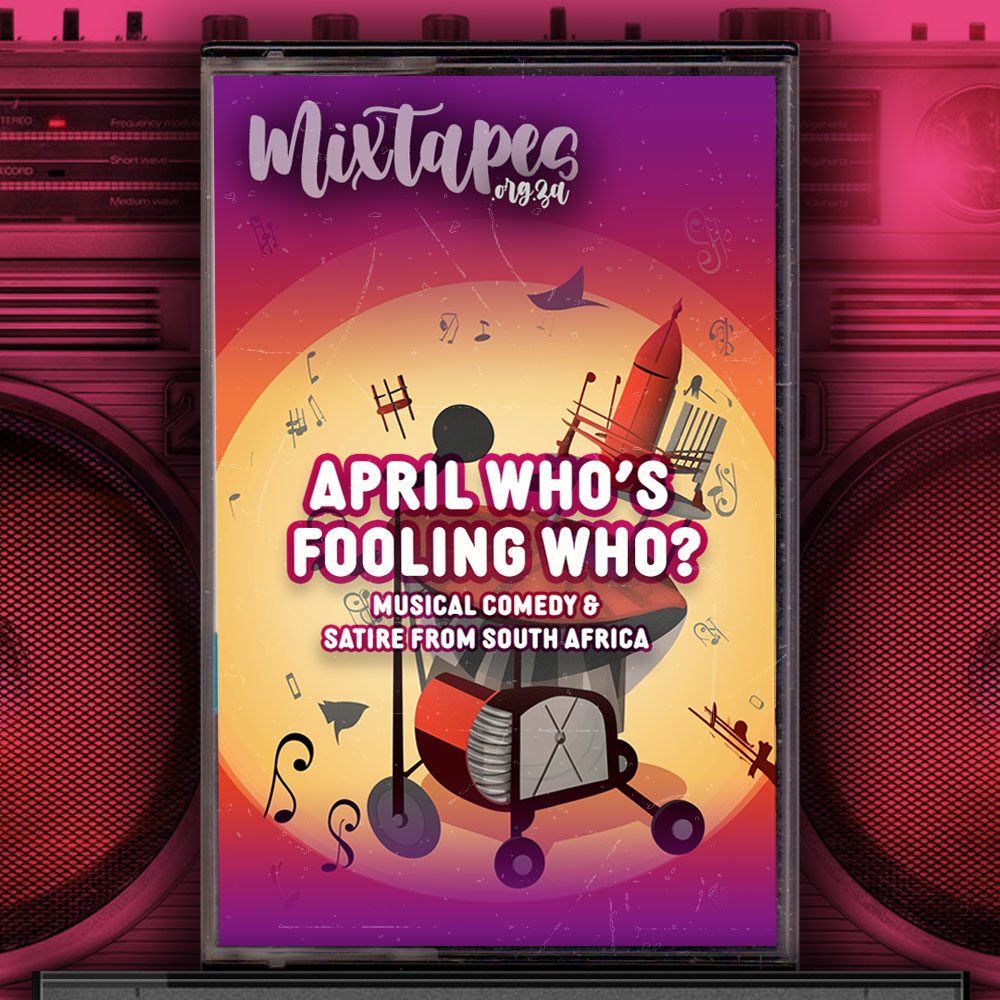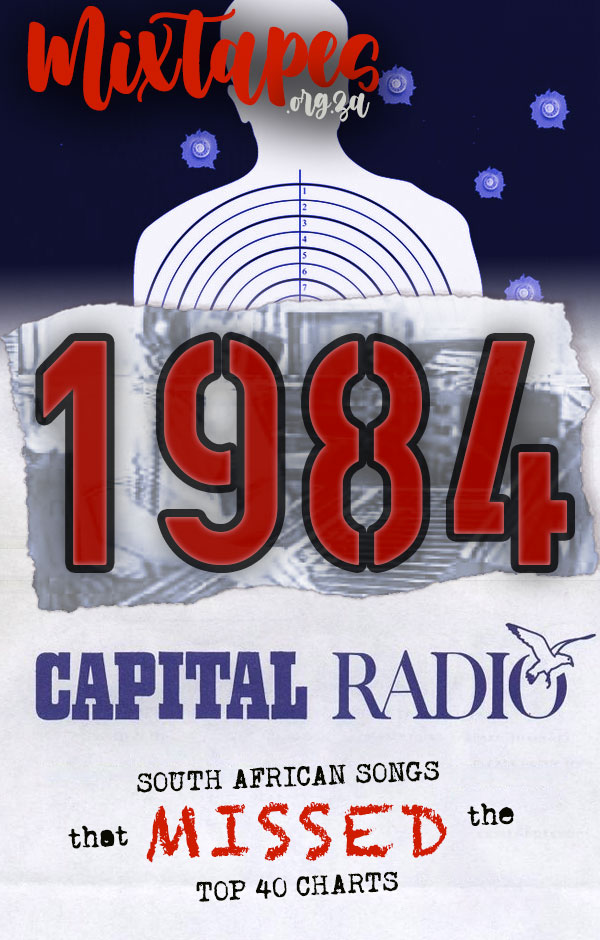
Our April Who’s Fooling Who mixtape focuses on South Africa songs which in some way or another reflect the theme of ‘fooling’. In some songs musicians set out to make fun of others, usually through satire or parody, while on occasions they humorously simply fool around, often in the form of novelty songs which they hope will amuse the audience in some way or another. There are cases where musicians simply make fools of themselves, most often without meaning to, by releasing a song which audiences think is simply cringe-inducing.
Stimela kick off this mixtape with “Who Is Fooling You”, a song which warns people that those who laugh at others as part of their attempt to control them, calling them fools, could in the end be the ones who are laughed at. On this mixtape some musicians have used their songs to poke fun at stupidity, using laughter as a weapon, for example Roger Lucey’s response to Jacob Zuma refusing the Dalai Lama a travel visa so that he could attend Desmond Tutu’s birthday celebrations. The Gereformeerde Blues Band change the words of a Christian hymn to poke fun at and criticize apartheid-era State President, PW Botha, while the Kalahari Surfers point out the foolishness of the extreme arguments made by Christians spouting ideas about backwards masking making people do things they don’t want to do, such as taking drugs. The Aeroplanes make fun of the majority of white South African males in the 1980s, who ended up expressing their individuality in the same foolhardy ways.
The Happy Ships have fun hooting about with “Car Hooter” while in “Country And Western” Matthew van der Want and Chris Letcher make fun of rival South African bands and of themselves. As for the rest, well … whether a song is regarded as a clever or fun novelty song or as a cringe-inducing or offensive failure, is in part a subjective process. Most of these songs fit in their in some way or another. They should all bring a smile (at least intellectually) or grimace to your face, but whatever you think of these songs, we will leave it up to you decide who’s fooling and who’s being fooled.
- Who Is Fooling You? – Stimela
- Car Hooter – Happy Ships
- Country And Western – Matthew van der Want & Chris Letcher
- Nik Nik Nah – Nik Nik Nah Band
- It’s Amazing – Pocket Lips
- I Like – John Ireland
- Play It Backwards – Kalahari Surfers
- Wat ’n Vriend Het Ons In PW – Gereformeerde Blues Band
- Stay In Grahamstown – Daniel Friedman
- My Broken Heart – Bernoldus Niemand
- South African Male – The Aeroplanes
- Dalai Lama – Roger Lucey
- Susannah Van Agulhas – Koos Kombuis
- Fatman And Bobin – The Bats
- No Way – BJ and the Koek Sisters
- Strip Tea – Glenda Kemp
- Da Da Da – Amanda Strydom
- Ek Soek Die Lekker Ding – Oom Hansie
- Bloemfontein Blues – David Kramer


